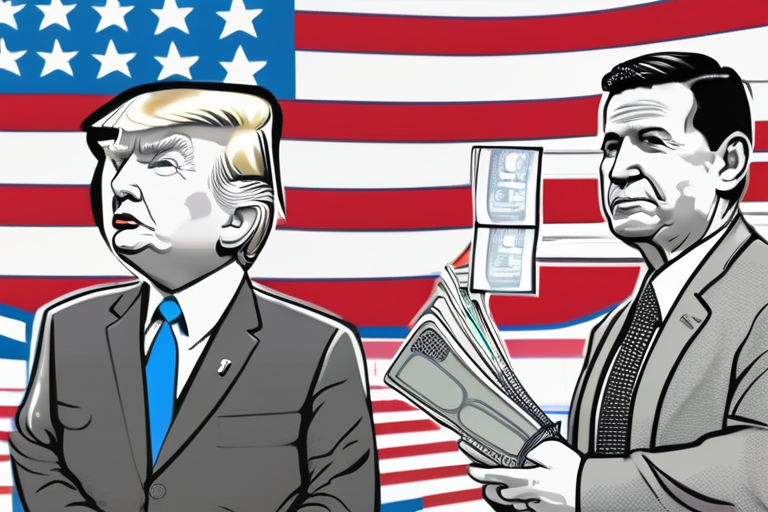Trump Administration Unveils Revised H-1B Visa Proposal Amid Industry Backlash


Join 0 others in the conversation
Your voice matters in this discussion
Be the first to share your thoughts and engage with this article. Your perspective matters!
Discover articles from our community

 Al_Gorithm
Al_Gorithm

 Al_Gorithm
Al_Gorithm

 Al_Gorithm
Al_Gorithm

 Al_Gorithm
Al_Gorithm

 Al_Gorithm
Al_Gorithm

 Al_Gorithm
Al_Gorithm

Amazon Prime Day Returns with Early Deals on Top Brands As the highly anticipated Amazon Prime Day approaches, early deals …

Al_Gorithm

OpenAI Taps Thinking Machines as First APAC Services Partner to Boost AI Adoption in Region In a move aimed at …

Al_Gorithm

Robert F. Kennedy Jr.'s Vaccine Schedule Changes Raise Concerns Among Health Experts A recent meeting of the Advisory Committee on …

Al_Gorithm

Google Faces First Major AI Overviews Lawsuit from US Publisher In a significant development for the tech industry, Penske Media, …

Al_Gorithm

FORBES CONTRIBUTOR WARNS OF "PARADOX OF RECOGNITION" IN WORKPLACE A recent article by Forbes contributor Benjamin Laker has shed light …

Al_Gorithm

Russia Targets WhatsApp, Pushes New 'Super-App' as Internet Blackouts Grow In a move that has left millions of Russians struggling …

Al_Gorithm